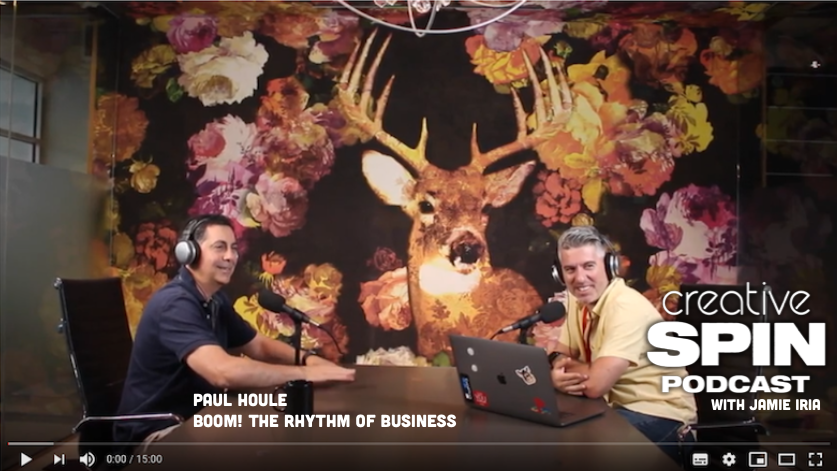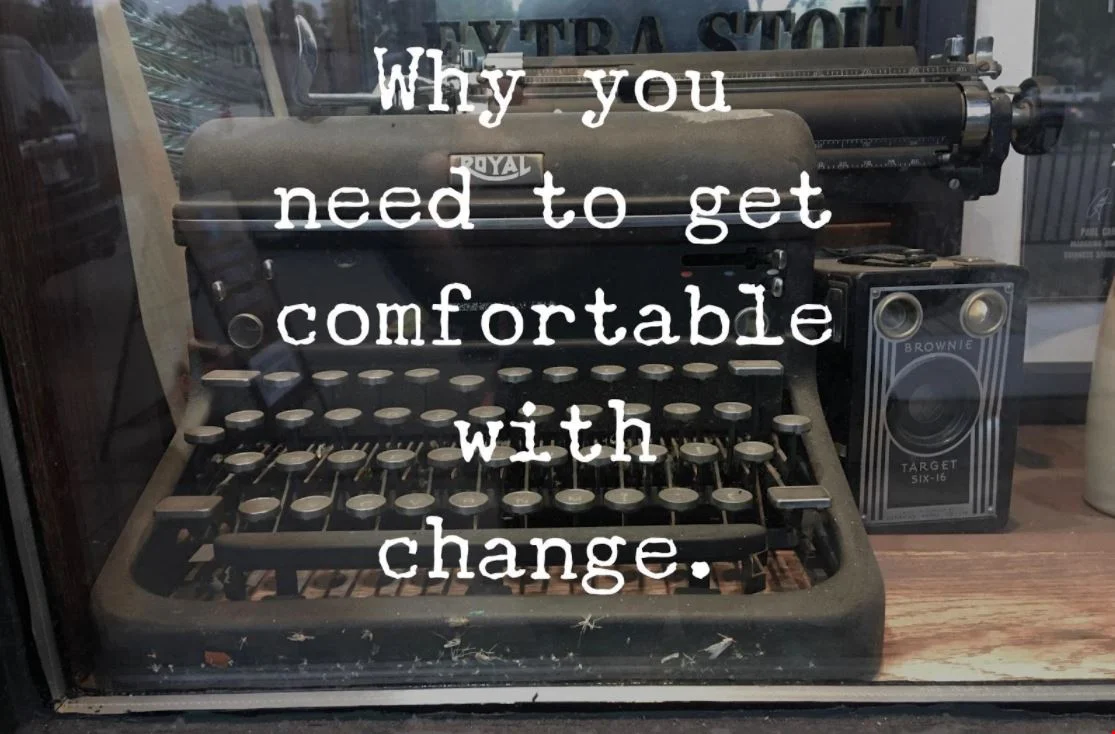
Popular Posts
Meet Paul
Paul is an expert at showing corporate teams how to be more unified and more collaborative. His proven team building program is guaranteed to bust through the silos as he shows your team how to be as unified as the players in a great orchestra.
A-list corporations have been using Paul’s team building program for almost two decades, his audiences include Microsoft, RBC, Goodyear, ING, Heineken, FedEx, PwC and P&G.
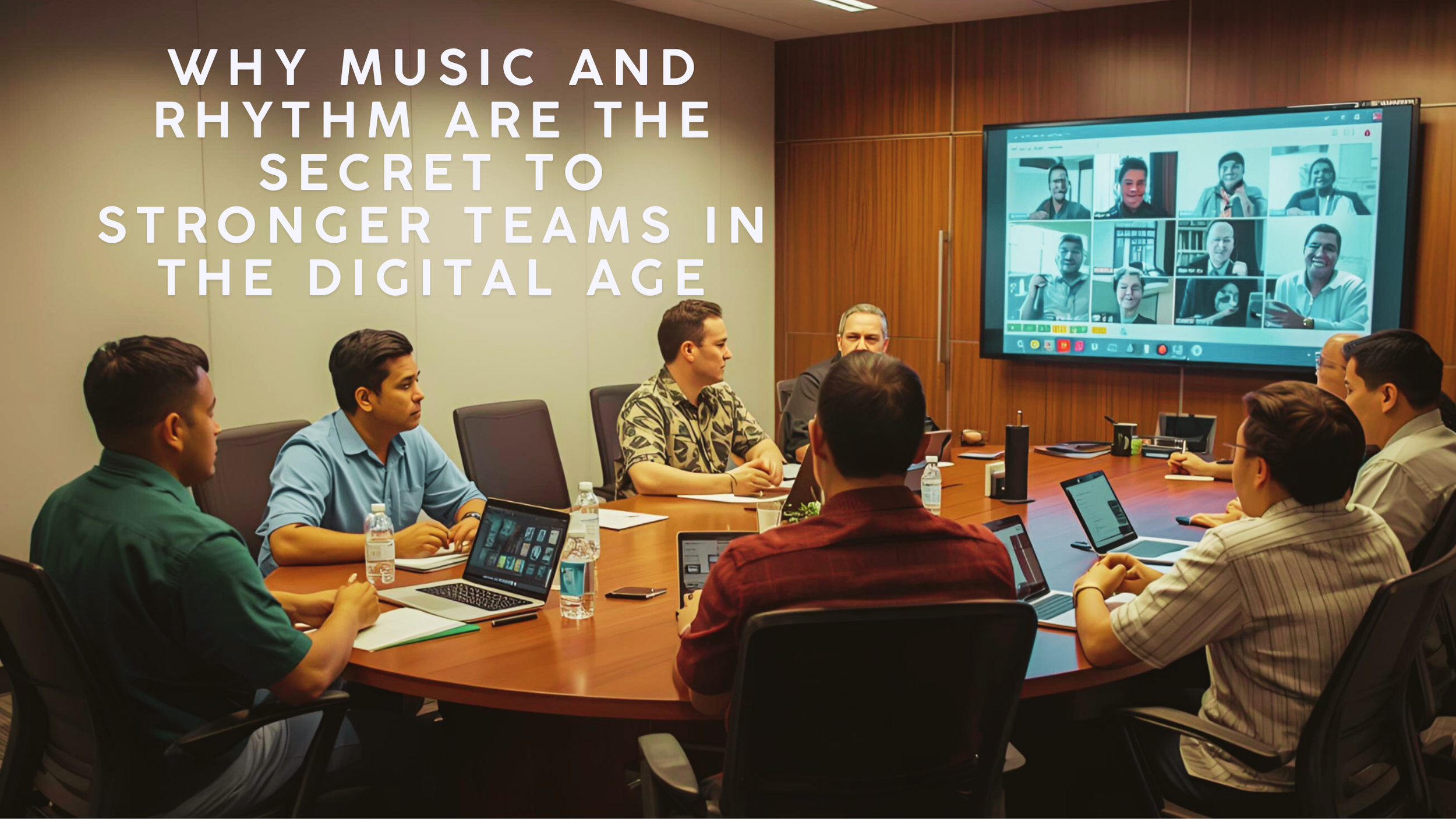
Why Music and Rhythm Are the Secret to Stronger Teams in the Digital Age
In 2025, organizations are facing unprecedented change. Here we are, a couple years out of the whole COVID mess, and now there are hybrid workplaces, rapid digital transformation, and increasing demands for creativity and resilience. It’s a lot! It’s no wonder people feel over-whelmed and disconnected.
Getting people together all in one room is a bigger deal than ever. And when you do get them together, what can you do make them more connected?
Well, there still exists one tool is that has stood the test of time for being powerful catalyst for building stronger teams: music and rhythm.

How my trust was lost, ignored and won
We live in a world where trust is a huge factor in many of the things we do.
But we don’t often talk about it.
When we read online reviews for people we need to hire for something, there are lots of words to describe the provider and the service provided. But one sentence you hardly ever see is, “I trust this person.”
That’s because it’s really hard to generate complete trust using only written words.
Trust is a feeling. It’s something we build with others and others build with us.
This post is about three trust experiences I had within a relatively short period of time: one where my trust was broken; one where gaining my trust was not a concern; and one where my trust was sincerely earned.

Why giving is the best thing for you to do.
When I was a kid, my morning routine involved getting up at the crack of dawn and doing my farm chores. One of my favourites things about that was being mobbed by the animals.
As soon as I would crack open that old barn door each morning, they’d come running toward me, almost knocking me over in the process, like I was some long-lost relative.
It didn’t matter whether it was the goats, pigs, puppies, or chickens. They were all gathered around me within an instant of my arrival.
Of course the reason they treated me this way was because, most times, I came in carrying a bale of hay or a couple of buckets of food.
I had something to give them.
The funny thing was that if I came into the barn without food, they’d react the same way.
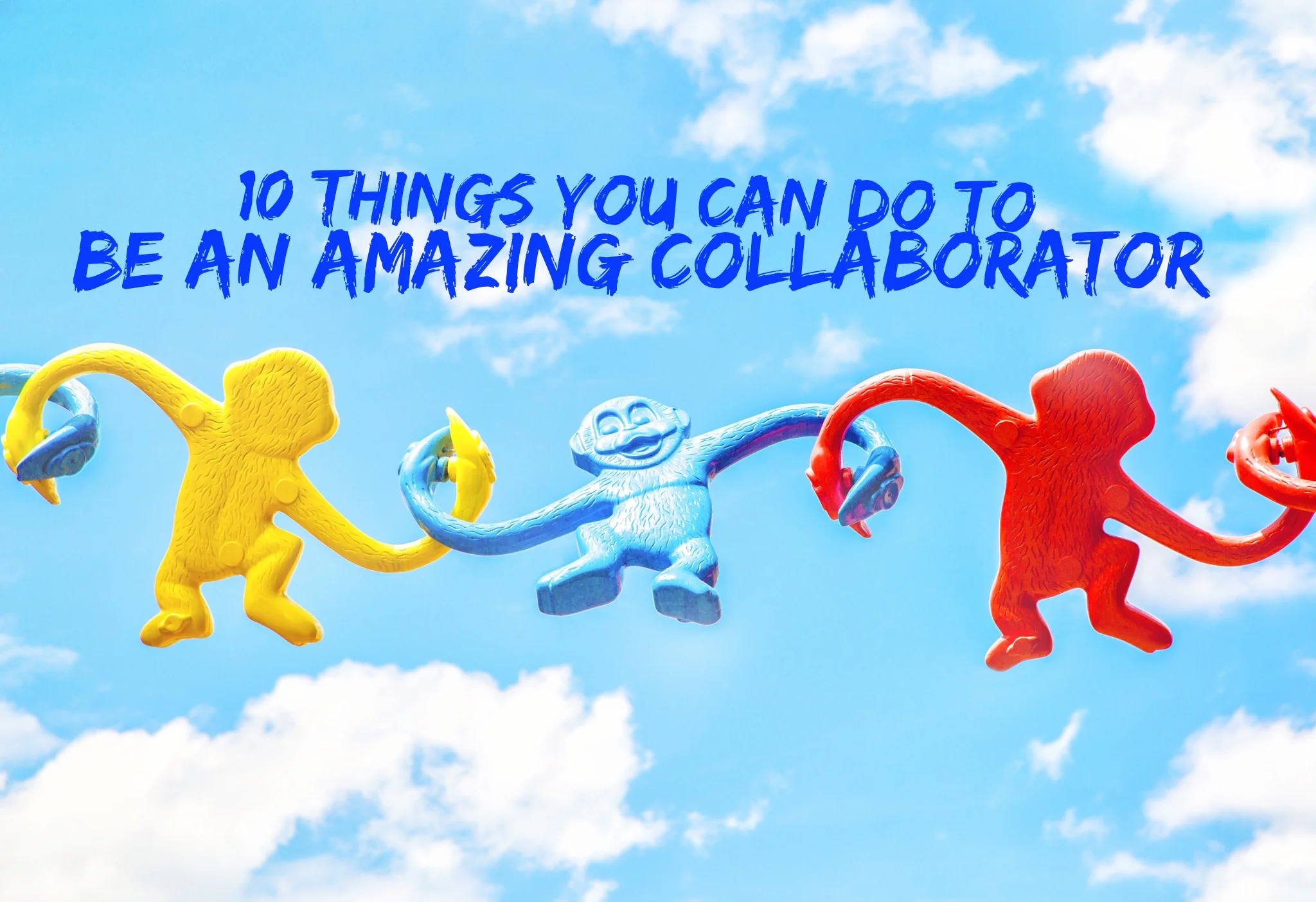
10 things you can do to be an amazing collaborator
Warning! I am going to start this post by talking about my kids and their friends.
I know that there is nothing more boring that having someone prattle on about their kids. So I'll be brief.
It’s because kids can teach us about collaboration, the collaboration we all once knew (even you, without the kids).
It struck me that kids (yours, mine and that other guy's) seem to be pretty good at making it happen.
I've been listening to them talk… it’s one idea after another. They can’t wait to get together.
I’ve watched them build something out of spare bits that they find lying around. Or they create some new video with their technology, which is never too far away.
They all seem to know what to do and when. Sometimes, it doesn’t even look like they're collaborating, it’s so seamless.
Sometimes it looks like an argument. There’s one voice trying to get on top of another to share the best idea.
Sometimes one leads, then another. There is a lot of trust - a lot of inclusion.
But no ever walks away upset. Somehow, it all works out. As a matter of fact, this can go on for hours, even days. It depends what it is, I guess. I wasn’t invited to the meeting.
It got me thinking about what it takes (in our grown-up world) to be a great collaborator. And here's what I’ve come up with.
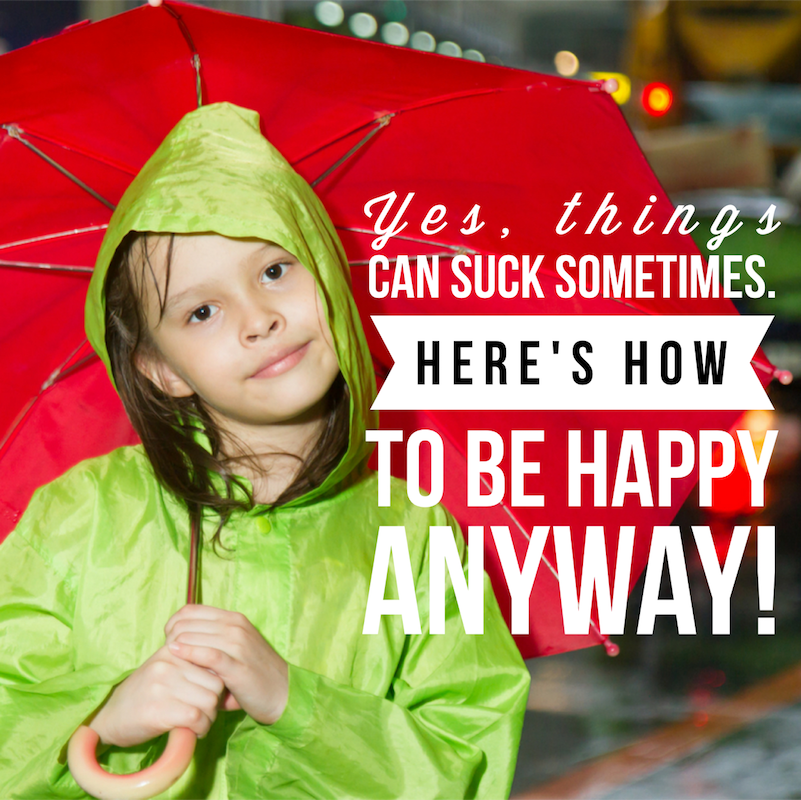
Yes, things can suck sometimes. How to be happy anyway!
One day, I was taking a train. I got on at one of those little milk run stops between two cities. It was one of those little stops where you bought your ticket at the station before you boarded.
Once on the train, after a few minutes, I could hear a man coming up the aisle, calling out “Tickets please, tickets.”
He was an older gentleman with white hair and a pleasant demeanour. He, of course, looked very official in his deep blue and red suit and conductor’s cap.
By the look of him, you could imagine that he had done that walk up the train aisles hundreds, if not thousands, of times.
When he got to me, he asked me how I was. “Fine, thank you,” I said, a rather standard response that doesn’t really tell anyone how you are.
I said, “How are YOU doing today? He answered”, Oh, I have my moments.”
I’m not sure why this rather unusual response has stuck with me all these years. But I remember thinking at the time, “What a great response”.
It seemed to say that there were some occasional highlights in his day and that was good enough for him.
He seemed happy and content.

